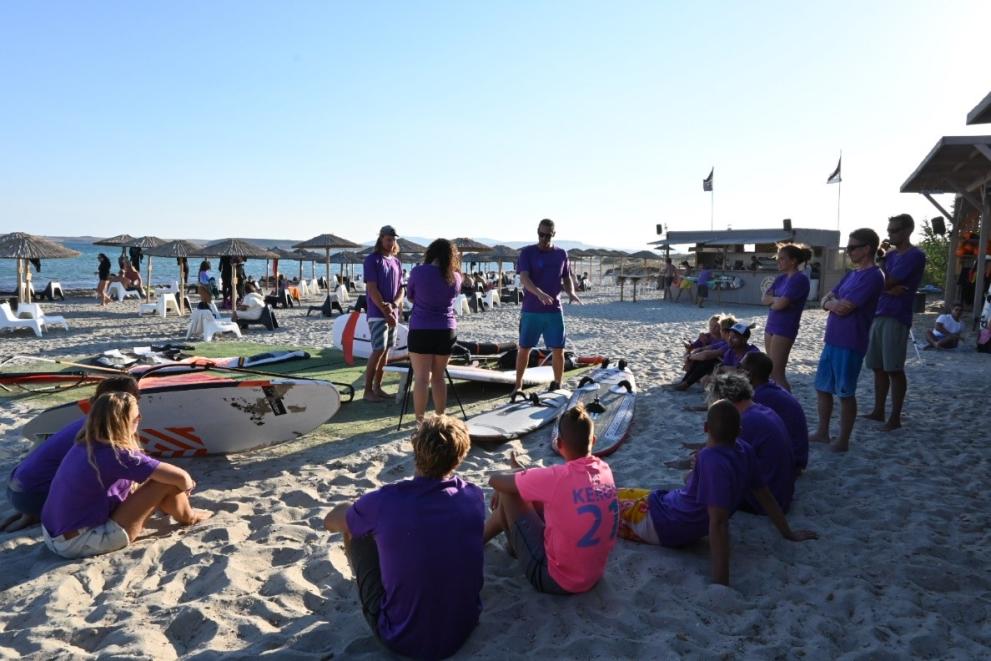
As the ancient Nautilus Shell - symbol of renewal, evolution, and growth - the EU-funded Nautilus project developed an innovative training methodology for instructors of water sports tourism.
The project is rooted in the belief that water sports professionals can act as local ambassadors to promote rural coastal areas and raise awareness about the preservation of our seas.
The project brought together industry with academia partners from Greece, Italy, Turkey and Cyprus. A fruitful collaboration between three water sports tourism SMEs, a university, an IT company for informal training, and an accreditation and certification organisation.
It led to the NAUTILUS Water Sports Instructor’ Certification which fulfils the requirements of the International Standard ISO/IEC 17024.
The rights skills and knowledge
Water sports instructors are usually seasonal and mobile workers with different knowledge background. They are usually either graduate students with hospitality degrees with different skills from those that are needed, or experienced water sports instructors with no theoretical knowledge about hospitality and customer service.
The Nautilus project was centered around the concrete needs of water sports professionals to gain
- increased knowledge about the local natural, human and cultural environment
- knowledge of hospitality services, management, and tourism marketing
- soft skills (communication and language skills, risk management, team working, leadership, cultural awareness)
- safety skills (proactive/ reactive, first aid, emergency response and action, rescue)
- inclusiveness training
The project was supported by the European Maritime and Fisheries Fund (EMFF) but the support went beyond funding.
As highlighted by the project coordinator Odysseas Spyroglou:
“The project has created a unique maritime community that offers the opportunity for networking, collaboration, exchange of knowledge, and sharing of resources. This community offered us networking and connection with stakeholders from the blue economy sectors that will ensure the sustainability of our project in the long term.”
A network of certified professionals
The aim is of the project was to better equip water sports tourism and coastal hospitality with the skills and knowledge to perform their job effectively and sustainably.
It did so by creating a training methodology and certification scheme, basis for the professional recognition of water sports tourism occupations, harmonising their skills and knowledge.
The Nautilus has also created a network of certified professionals, who can provide advice and guidance to hospitality workers and businesses, as well as ensure that hospitality industry standards are adhered to.
Odysseas Spyroglou underlined the benefits of the project for blue careers:
“By investing in the development of this training programme and the associated network of certified professionals, we are confident that we will be able to provide a much-needed boost to the hospitality industry and help to create a more positive and attractive working environment for blue careers.”
More information
Nautilus Training methodology for water sports tourism
Foresight report on the future of coastal and nautical tourism following a workshop organised by Nautilus
Details
- Publication date
- 28 July 2023
- Author
- Directorate-General for Maritime Affairs and Fisheries




